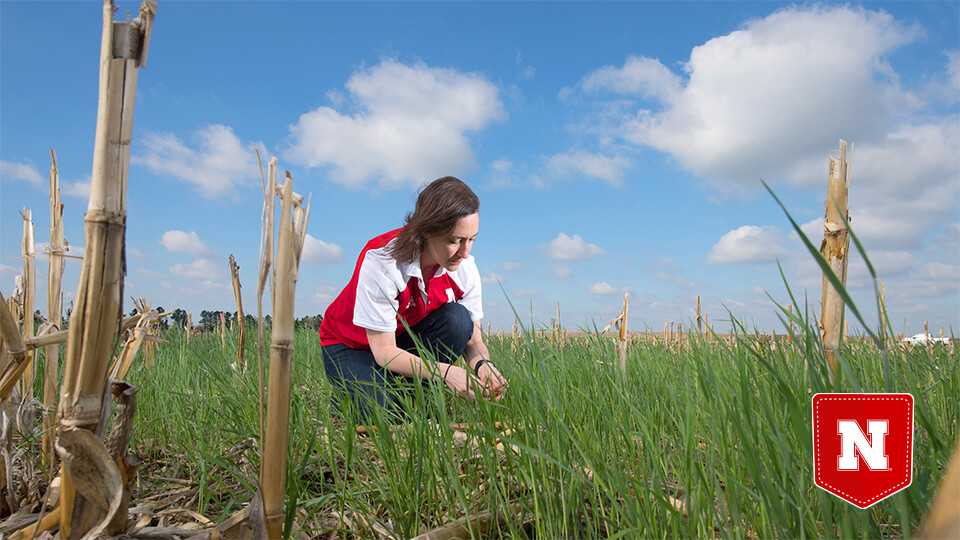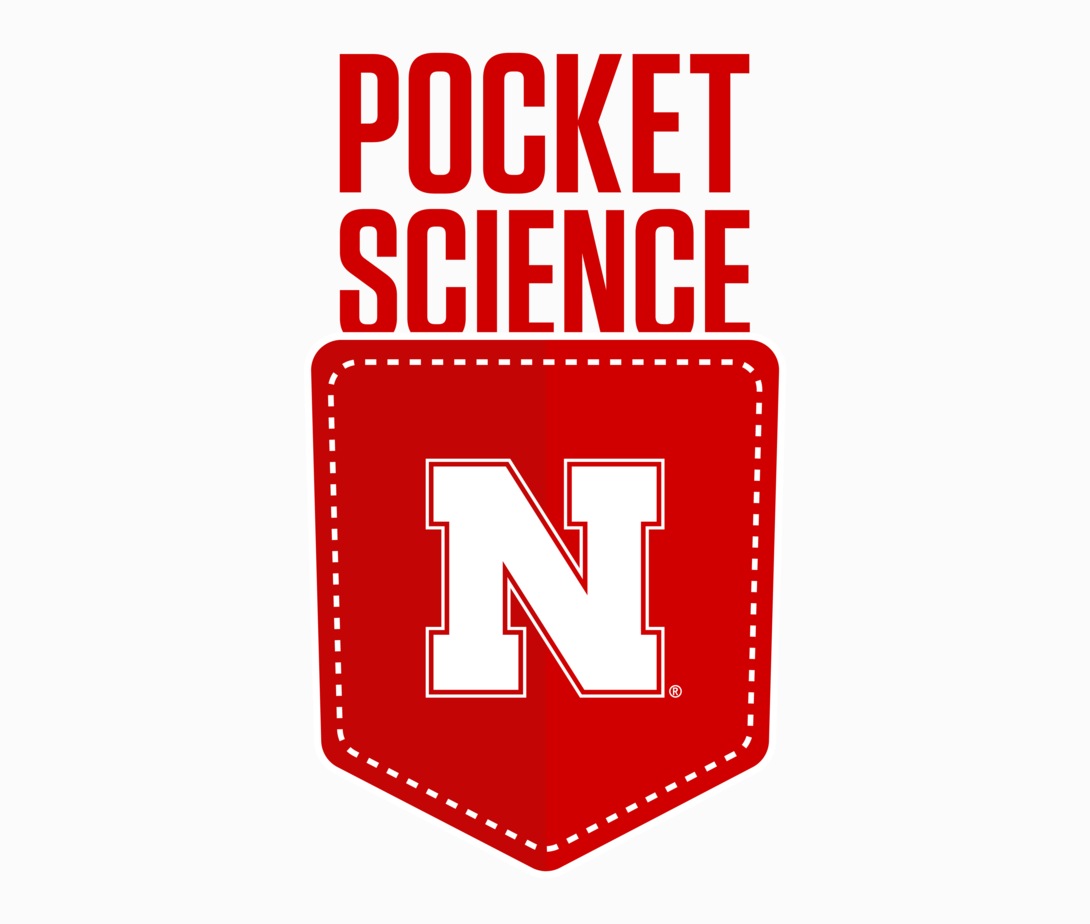
Welcome to Pocket Science: a glimpse at recent research from Husker scientists and engineers. For those who want to quickly learn the “What,” “So what” and “Now what” of Husker research.
What?
Feeding the growing global population for years to come will require keeping farmlands healthy and resilient.

Scientists in the field of agricultural sustainability and agroecology are at the forefront of this challenge, developing new methods for preventing soil erosion, maintaining clean water and more.
So what?
Nebraska’s Andrea Basche and colleagues administered a 28-question survey to agricultural sustainability scientists across the country to gauge their opinions on the current strengths and weaknesses of the field.
Respondents expressed high levels of satisfaction in their relationships with community members and local producers. Interest from students and research communities were also cited as positive factors in their work.
Lack of research funding, entrenched financial interests and political partisanship were the top perceived obstacles listed by scientists. Those surveyed also expressed difficulties in communicating their findings beyond academia to the media and policymakers.
Now what?
With strong support for sustainable ag practices across demographics, Basche and her colleagues are optimistic about the future of the field. They also see opportunity for improvement in encouraging and preparing scientists to share their research results on a broader scale.







